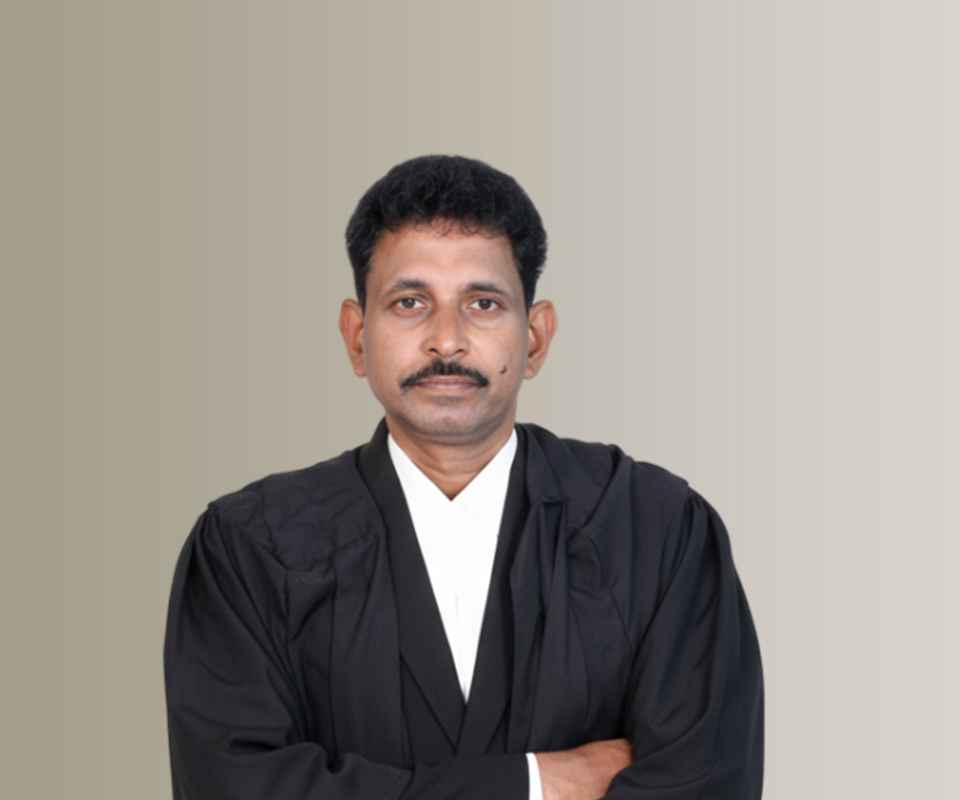Answer By law4u team
Family courts in India often face cases where domestic violence (DV) allegations coincide with child custody disputes. Such cases require a sensitive and balanced approach to protect the rights and safety of the survivor while ensuring the welfare of the child. Indian law prioritizes the child’s best interests but also takes into account the safety and mental well-being of both child and parent.
How Family Courts Treat DV Alongside Custody Disputes
Integrated Approach
Family courts address both DV allegations and custody claims within the same proceedings when possible.
Courts recognize that exposure to domestic violence negatively affects the child’s welfare and upbringing.
Safety of Survivor and Child
Courts ensure protective measures for the survivor and child, such as protection orders and restraining orders.
If the abuser is a threat to the child, custody or visitation rights may be restricted or supervised.
Best Interests of the Child
Courts apply the best interest of the child standard, considering:
- Child’s physical and emotional safety.
- Stability and continuity in the child’s environment.
- Ability of each parent to provide care and support.
- Impact of domestic violence on child’s development.
Custody Decisions
Allegations of DV can influence decisions regarding custody and visitation.
Courts may award custody to the non-abusive parent to protect the child.
Visitation rights of the abusive parent can be limited, supervised, or denied if risk is established.
Legal Provisions Involved
The Guardians and Wards Act, 1890, and the Hindu Minority and Guardianship Act, 1956, guide custody decisions.
The DV Act provides for protection and maintenance of survivors which can support custody claims.
Psychological Assessments
Courts may order psychological evaluations of the child and parents to assess impact of abuse.
Social welfare officers or child psychologists may be involved in recommendations.
Mediation and Counseling
Family courts may encourage mediation to resolve custody disputes amicably, but not at the cost of the survivor’s safety.
Counseling and rehabilitation services may be recommended for families.
Consumer Safety Tips
Provide clear evidence of domestic violence to the court.
Prioritize the child’s safety and well-being in all requests.
Request supervised visitation if the abuser poses risks.
Engage legal counsel experienced in DV and custody matters.
Seek support from NGOs or Protection Officers for documentation and assistance.
Example
In a Delhi case, a mother alleging domestic violence sought custody of her two children. The court, after reviewing evidence and psychological reports, granted her full custody and limited the father’s visitation to supervised sessions. The court emphasized the child’s safety and the adverse effects of exposure to violence.





